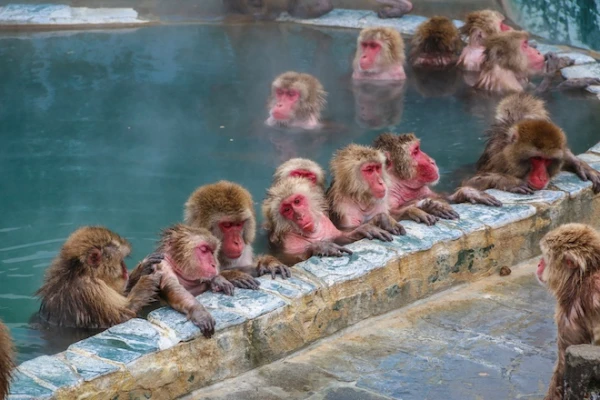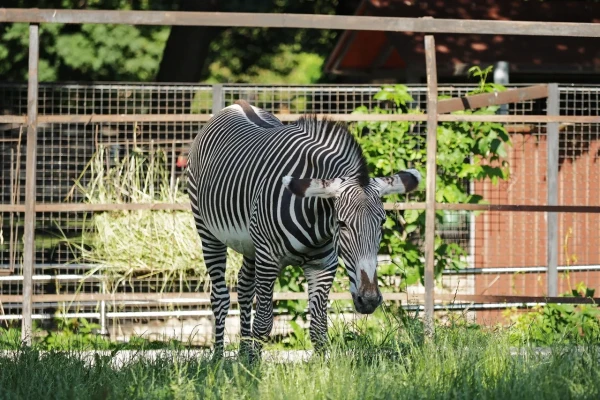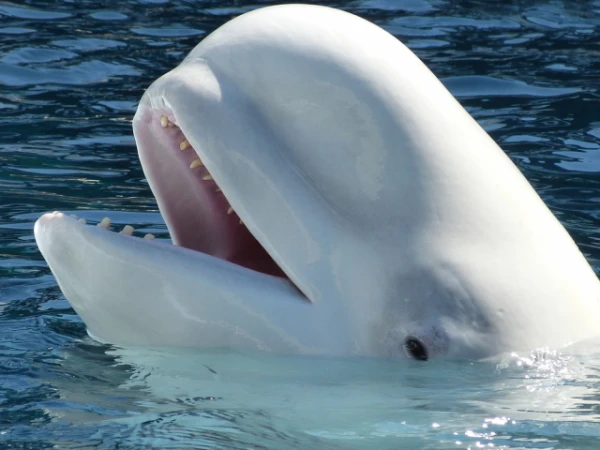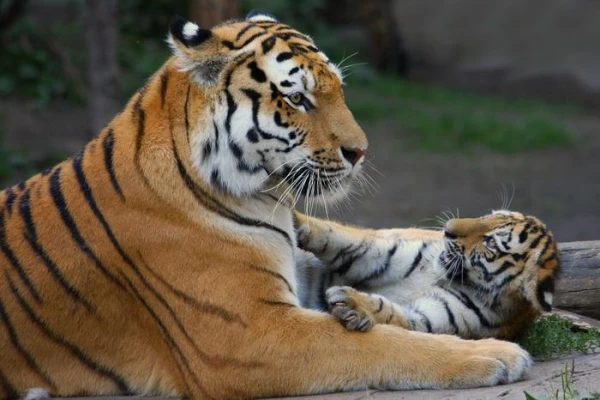
For many of us, a hot bath is the best way to relieve tension after a workday. According to a study conducted, the same applies to Japanese monkeys.
Researchers observing macaques, known for their love of relaxing in hot springs, have found that the animals use this method to relieve stress and retain body heat.
Japanese macaques — also known as snow monkeys — are the northernmost inhabitants among all primates. They feel comfortable in extremely cold weather conditions, thanks to their thick fur coat that helps them avoid freezing in winter. The love for water procedures observed in animals living in the Jigokudani park (Japan) is likely another way for the monkeys to combat the cold.
In 1963, a female Japanese monkey was first spotted taking a bath in a hot spring owned by a local hotel. Since then, many macaques have followed her example, and the park administration even set up a separate spring specifically for the monkeys.
People have long noticed the monkeys' habit of warming themselves in warm water; however, until recently, this behavior had not been scientifically studied.
To thoroughly investigate this phenomenon, a group of scientists led by Professor Rafaela Takasita from Kyoto University analyzed the monkeys' feces to determine the levels of glucocorticoids — hormones responsible for stress and body temperature regulation. The researchers concluded that relaxation in hot springs indeed lowers stress levels in the body and suggested that regularly bathing monkeys cope better with life's hardships and harsh climates.
"This demonstrates that hot springs are as necessary for monkeys as baths are for humans," concluded Dr. Takasita.
The researchers also found that macaques prefer to bathe in winter — particularly during especially cold periods.
"This unique behavior not only helps monkeys endure the cold but also likely plays an important role in reproduction and survival overall," added Takasita. Macaques in Jigokudani are very popular among tourists. Researchers found that despite 500 people visiting them daily, this does not negatively impact the monkeys' mental well-being.















Leave a comment